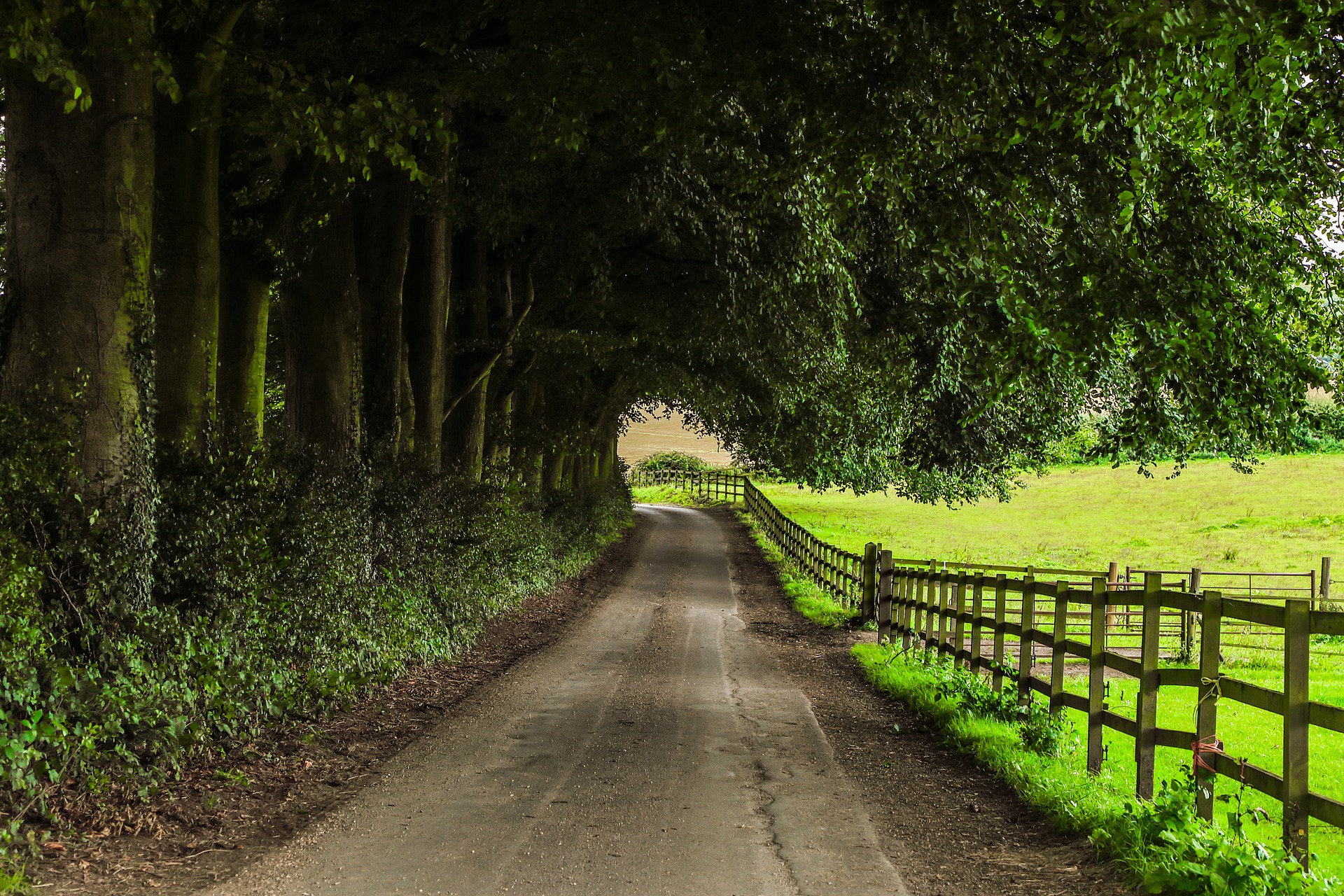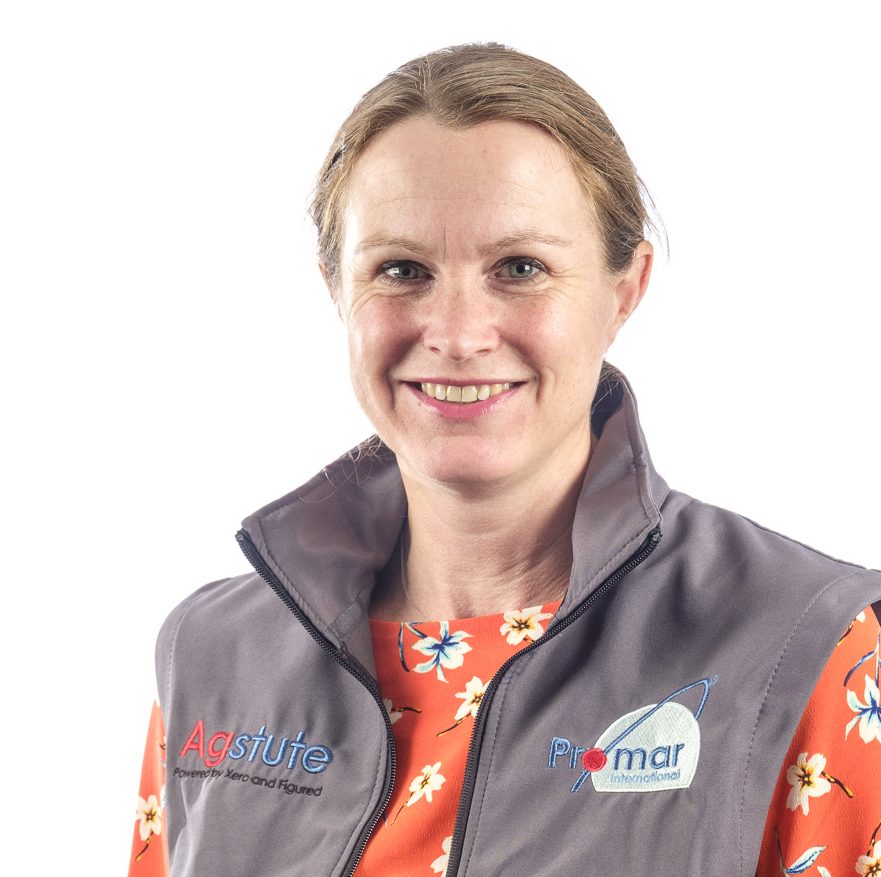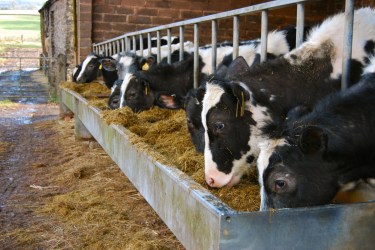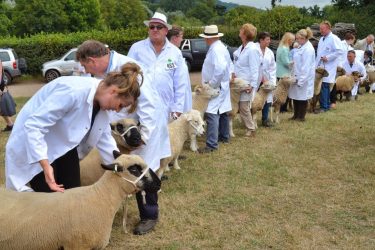By Caroline Groves
There is now a need for the agricultural industry to commit to, and drive, change. This comes down to both personal and business resilience. As farm managers/owners you will need both the personal ability and support required to cope in an age of uncertainty, and your farming business should be structured so it’s able to withstand shocks.
The Defra Future Farming Resilience Fund has been created to help farmers in England on the journey through this change. Fundamentally, the business reviews we’re offering as part of this funding are here to help farmers determine the impact of the phase out of BPS. It is, however, important that this is done in the context of the whole business and the type of future you want to carve ahead of you.
Sitting back and taking a more structured look at your business can help ensure any changes will deliver a sustainable and positive solution.
The six pieces of the resilience puzzle
While it is an important element, resilience is much more than just looking at the finances of the business – this is just one part of the puzzle. It’s about taking a rounded approach and evaluating the relative strengths & weaknesses in six key areas:
Leadership and self-resilience
Resilient businesses will have clear leadership with a strong vision and communication. People will know their roles and responsibilities and feel involved in the business. As importantly the owner or manager will be an effective delegator, sharing decision-making and creating time to get away from the farm.
Finance
How are the business finances structured and is the business sufficiently funded? Where are the financial risks and how is the business set up to react to these? How often is a financial review carried out and the business financial performance benchmarked?
Livestock and farm assets
As the engine of financial performance, are your assets efficiently used? Where are the opportunities and the pinch points? How does performance compare with other similar businesses? Should you focus on using existing assets better or increase the assets available, whether more livestock or land?
Markets
Are you supplying the optimum market and meeting the requirements of that market to optimise price? Are you achieving all bonuses available in your milk contract? Are fat cattle hitting specifications?
Equally, it is important to look at the markets where you are a customer. How well do you buy inputs and how robust is your supply chain?
Climate change
In the last few years, we have seen wet springs affecting silage yields and quality and prolonged droughts which have impacted grazing productivity. These can’t be prevented but how well-placed are you to manage them?
Community
No farm is an island, it is part of a wider community. How well do you keep in touch with trends and developments in the industry? Closer to home, how well do you motivate and develop the skills in your people and how much are all the stakeholders involved in the direction of the business?
It’s important to consider all these aspects as they are interrelated. For example, if you decide to increase cows and yield per cow, does your milk buyer want the extra production and what will be the market for additional calves? Can the facilities and the staff cope with the extra cows and how much will you be exposed in a poor forage season?
Our resilience questionnaire
We aim to help farmers to get a picture of how robust and adaptable their business is, drawing all these areas into a single diagram.

Looking at this diagram, taken from one farm in England, we observe that the business has some real strengths in how well assets are managed, and staff are involved. However, the analysis showed issues in financing with cashflow while the lack of a clear succession plan meant that long-term resilience was at risk. In the immediate term, this farm had marketing opportunities, particularly with regard to calves.
Armed with this analysis, it has been possible to develop a focus plan to help the farm be better placed moving forward.
In today’s market, a farm business cannot be successful without resilience. We’re here to help you to evaluate the changes that are happening and identify how to adapt moving forward. With our free support service, you’ll have access to our resilience questionnaire and work with our experienced consultants to assess how you can make your business fitter for the future.
Sign up today! Hurry, only limited spaces left.








